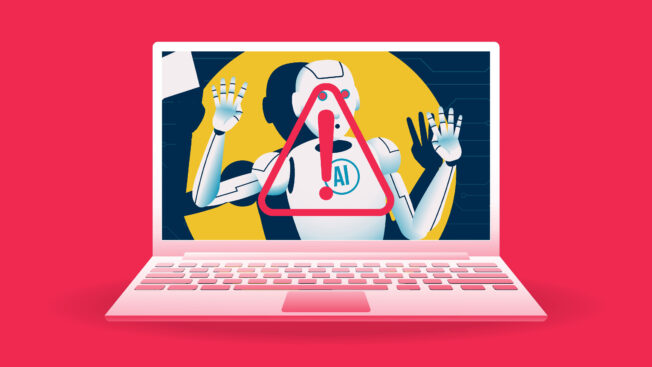Google’s defeat in a landmark U.S. search antitrust trial could significantly alter the search industry if its appeal fails—a process that may take years.
The antitrust ruling’s aim to diminish Google’s search market dominance would create opportunities for competitors like Microsoft’s Bing and benefit artificial intelligence companies including OpenAI.
The case will proceed to a remedy trial in the fall, where Judge Amit Mehta may bar Google from paying companies like Apple to be the default search engine on its products, according to three legal experts speaking with ADWEEK.
But Google is under scrutiny for its adtech stack in another (and, many say, much stronger) antitrust case next month.
Here are four key implications of the ruling for Google, its competitors and the upcoming adtech antitrust trial.
Bleeding into the adtech trial
Earlier this year, the Department of Justice filed an antitrust lawsuit against Google, accusing the company of monopolizing the digital ads market through serial acquisitions and anticompetitive tactics over the past 15 years. The trial is set to begin Sept. 9.
And while some assume that the loss in search puts Google in a weaker position by already suggesting that it is a dominant player ahead of its next trial, “Bad behavior in one market does not necessarily mean provable bad behavior in another market,” said Alan Chapell, president of Chapell & Associates.
The findings in the search lawsuit were straightforward and represented a classic Sherman Antitrust violation, where Google paid Apple for search exclusivity. But in a broader ad market, Google could contend that competition includes major players like Amazon and Meta.
On the acquisition front, Google could argue that the DOJ and Federal Trade Commission approved its $400 million acquisition of Admeld, an ad optimization platform for publishers, in 2011, and its $3.1 billion acquisition of DoubleClick in 2007.
“The court is going to look at the facts independently,” said Gary Kibel, a privacy and data security lawyer at Davis+Gilbert. “One way that it could directly bleed over is if it’s the same people and similar business practices of getting into exclusive deals.”


